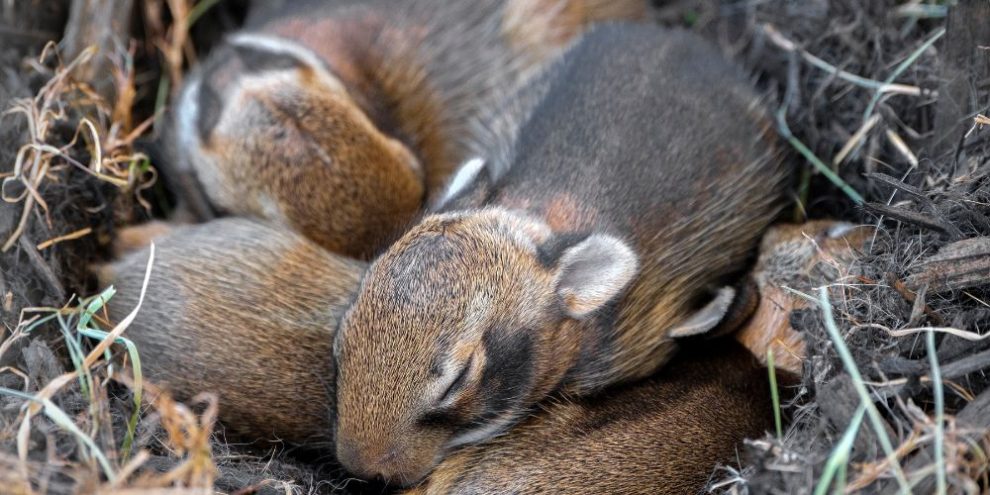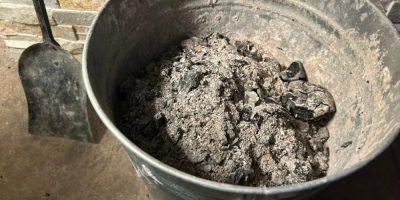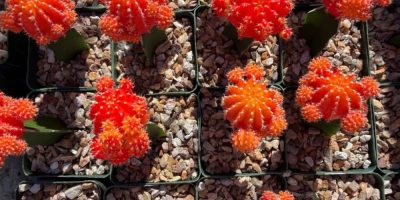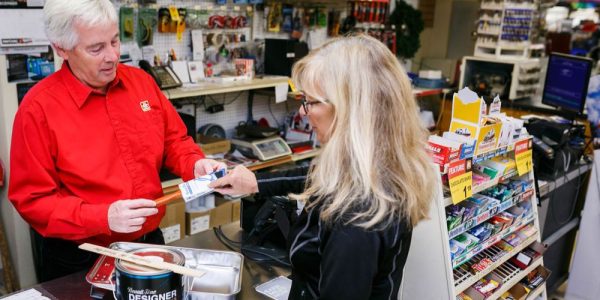
You’re out for a walk, mowing the lawn, or doing a bit of gardening when you spot them … tiny baby rabbits curled up in a shallow nest, no mother in sight.
Your first instinct might be to scoop them up and “rescue” them. But don’t!
Before you do anything, here’s what you need to know.
Barrie's News Delivered To Your Inbox
By submitting this form, you are consenting to receive marketing emails from: Central Ontario Broadcasting, 431 Huronia Rd, Barrie, Ontario, CA, https://www.cobroadcasting.com. You can revoke your consent to receive emails at any time by using the SafeUnsubscribe® link, found at the bottom of every email. Emails are serviced by Constant Contact
Mom rabbits are sneaky — on purpose
Unlike many animals, mother rabbits don’t stay with their babies all day. In fact, they only visit the nest once or twice every 24 hours (usually around dawn and dusk) to feed them.
Why?
Because the more time mom spends at the nest, the more attention she draws from predators.
By staying away, she actually keeps her babies safer.
How to tell if the baby rabbits are truly without a mother
Most of the time, the babies aren’t abandoned — they’re just waiting for mom’s next visit.
Here’s how to check:
- Look at their condition — Warm, plump, and quietly resting = healthy and cared for.
- Check the nest — If it’s neatly covered with fur and grass, mom is still tending to it.
- The “string test” — Place two thin sticks or pieces of string in an “X” shape over the nest. Check back in 12–24 hours. If it’s disturbed, mom has been there. (If you’re worried about leaving your scent behind … don’t be. We cover that a little farther down.)
When to step in and call for help
You should only intervene if:
- The babies are cold, thin, injured, or covered in insects.
- The nest has been destroyed and mom hasn’t returned within 24 hours.
- You know the mother has died.
If that’s the case, contact a licensed wildlife rehabilitator immediately.
Do not try to raise the babies yourself — wild rabbits are extremely delicate, and hand-rearing usually ends in heartbreak.
Find a wildlife rehabilitator here >>
What to do if you’ve disturbed a nest by accident
Maybe you were mowing the lawn, raking leaves, or gardening and uncovered a nest — it happens more often than you’d think. Wild rabbit nests are shallow, often no more than a small depression in the ground, and they’re cleverly camouflaged with grass, leaves, and tufts of the mother’s fur.
If the babies are unharmed, the best thing you can do is carefully put them back into the nest. Try to arrange them as you found them, then replace any covering material (grass, fur, or leaves) so the nest looks the same as before. This helps keep them warm and makes it more likely that mom will return without hesitation.
Once the nest is restored, step away and avoid lingering in the area. Rabbits are extremely cautious — if they sense people or pets nearby, they may delay coming back. If possible, keep dogs and cats indoors until you’re sure mom has visited again.
If you notice bleeding, swelling, visible wounds, they need urgent care. Do not try to feed or give them water — this can cause harm. Instead contact a licensed wildlife rehabilitator immediately for instructions.
But won’t mom reject the babies if she smells my scent near them?
No. Unlike some animals, rabbits do not reject their young because of human scent. If you’ve touched the babies or the nest, just cover it back up and leave it.
How long do baby rabbits stay in the nest?
Wild baby rabbits usually stay in the nest for about 3 weeks. During this time, they remain tucked in the shallow depression their mother created, hidden under grass, leaves, and fur. By the time they’re ready to leave, they’re about the size of a tennis ball, their eyes are fully open, and they can hop around on their own.
Once they leave, they’re gone for good — unlike some other mammals, baby rabbits don’t return to the nest to sleep or seek comfort. At this stage, they are considered independent, even though they may still be small and look vulnerable.
You might spot them alone in your yard or garden, quietly nibbling grass. This is normal and doesn’t mean they’ve been abandoned. As long as they can move quickly, have their eyes open, and have all their fur, they’re old enough to be on their own.
What should I feed baby rabbits without a mother?
You shouldn’t. Baby rabbits require a very specific diet and care routine that can only be provided by a licensed wildlife rehabilitator. Trying to feed them at home often leads to serious injury or death.
The best help is often leaving them alone
It’s human nature to want to help tiny animals, but with baby rabbits, “help” often means stepping back. As long as the babies are warm, healthy, and in their nest, their best chance of survival is with their mother — even if she’s nowhere in sight right now.











